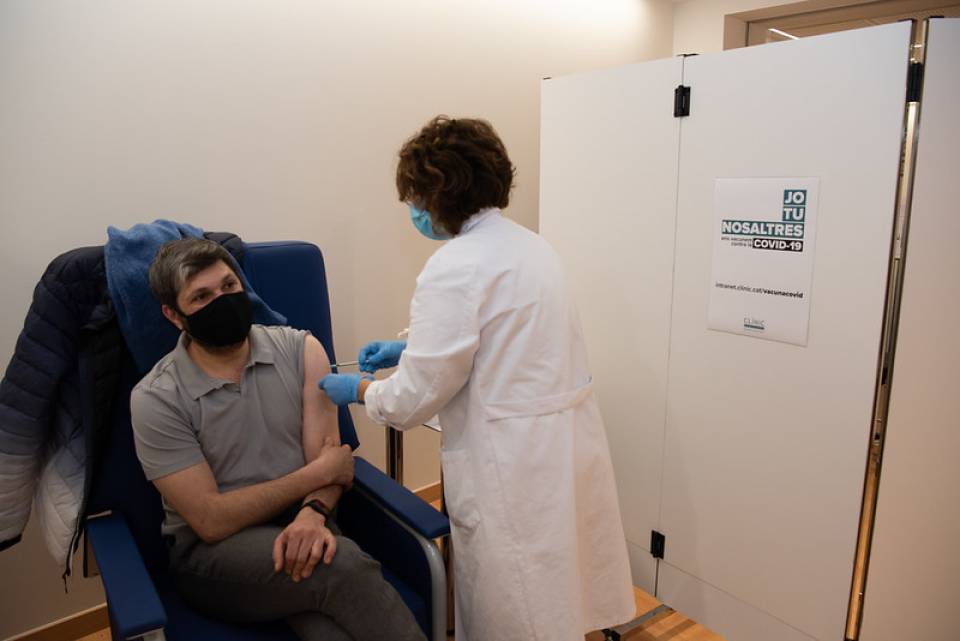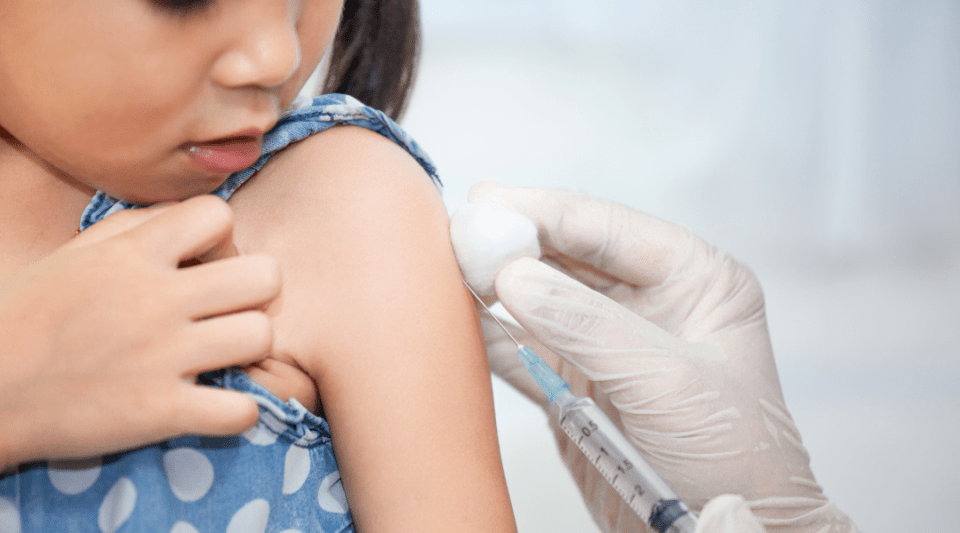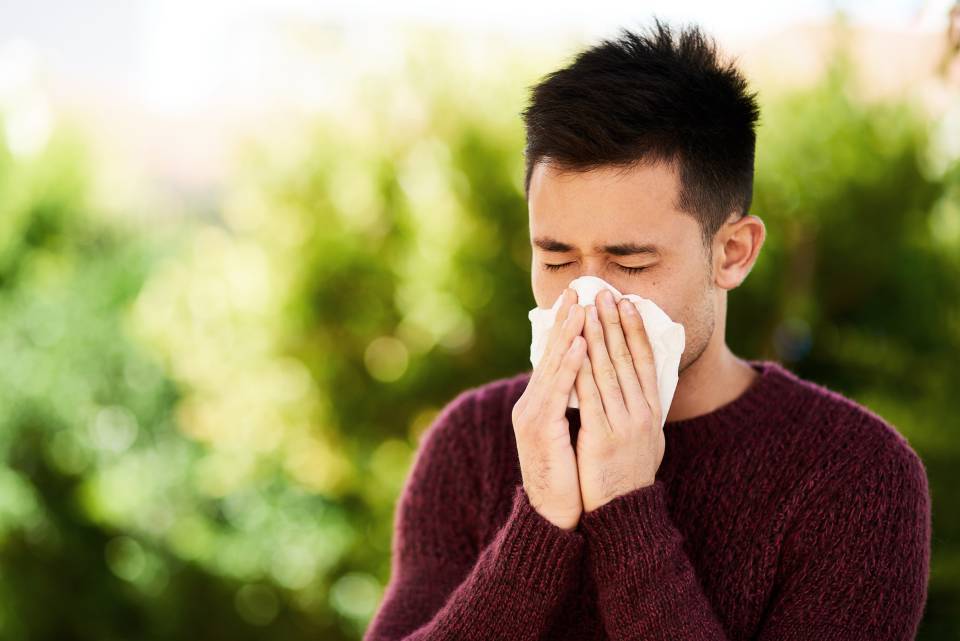There are currently four COVID-19 vaccines approved in the EU: three two-dose vaccines (Pfizer, Moderna and AstraZeneca) and a single-dose vaccine (Janssen). These vaccines prepare our immune system to recognise the SARS-CoV-2 virus and defend itself against it, thus preventing COVID-19 disease from developing. More specifically, they generate an immune response to the S protein (either in whole or in part), a protein unique to this virus.
A person is considered fully vaccinated two weeks after they have received the second dose of vaccines such as Pfizer, Moderna or AstraZeneca, or two weeks after receiving the single-dose Janssen vaccine. This means that if someone is fully vaccinated and is infected with the virus that causes COVID-19, their immune system will recognise and attack the virus. This will protect the person from becoming ill due to COVID-19.
COVID-19 vaccines are safe and effective when it comes to preventing COVID-19 disease, especially severe cases. However, vaccines are not 100% effective. For this reason, it has been observed that a small portion of fully vaccinated people still become infected with COVID-19. Furthermore, the emergence of variants of the Sars-COV-2 virus has contributed to the increase in infections among vaccinated people.
It is important to understand how effective vaccines are against the Delta variant, which is currently the most prevalent strain. The effectiveness of the different vaccines against the Delta variant varies: in the case of Pfizer, it is between 88% and 96% once both doses have been received; AstraZeneca's broad-spectrum vaccine is 67% effective; Janssen is 60% effective, and Moderna is between 72% and 96% effective.
Infections in vaccinated people do not mean that these vaccines do not work, as no vaccine is 100% effective. In fact, all EU-licensed COVID-19 vaccines have very high efficacy, as can be seen in the large reduction in the number of COVID-19 hospitalisations since the start of the vaccination campaign.
Vaccinated people are much better protected against serious disease and death due to SARS-CoV-2 than unvaccinated people, including in the case of variants such as Delta.
As well as protecting people who are at higher risk of serious illness, vaccination is important to reduce the spread of the virus and prevent the emergence of new variants worldwide. While the SARS-CoV-2 virus continues to circulate, infections will continue to occur in fully vaccinated people, and new variants of the virus are more likely to emerge.
To avoid infection, even when fully vaccinated, it is important to remember that preventive measures are still one of the best ways to prevent the spread of the virus. There are groups of people who cannot be vaccinated, either because they have an illness that prevents it, or due to their age group. Wearing a mask, keeping a safe distance and washing hands are all especially important in these cases, and can save lives.
Author: Dr Catia Cilloniz, Pneumology Department at Hospital Clinic, applied research group for infectious respiratory diseases, critical illness and lung cancer at IDIBAPS, CIBERES researcher.




